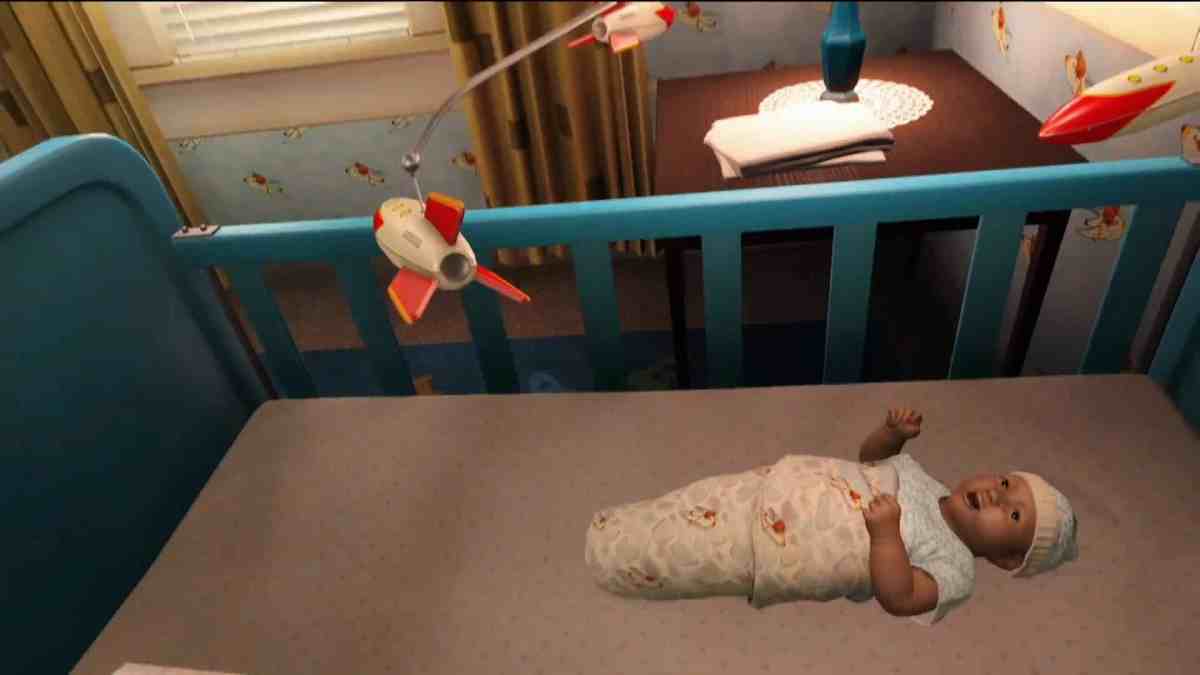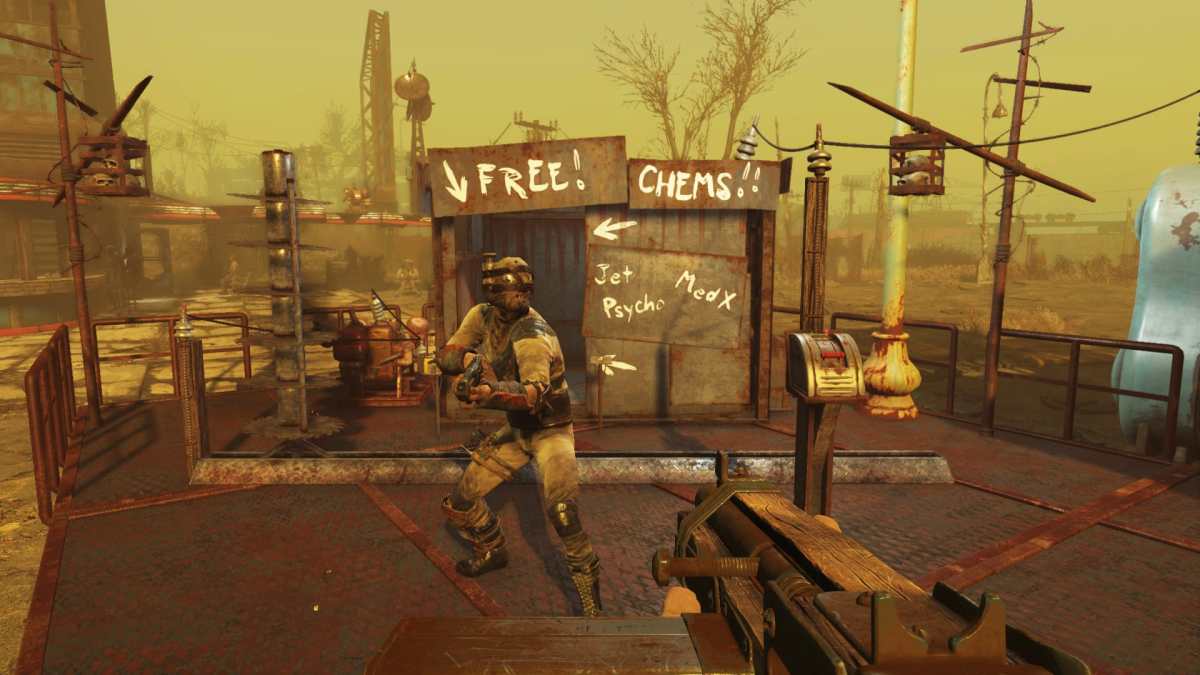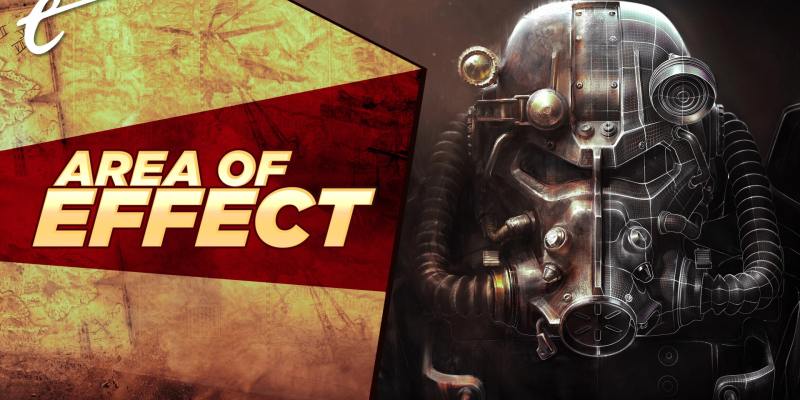Up until Fallout 4, Heavy Rain’s big twist was the last time a game really filled me with rage, and as a long-time Fallout fan I certainly expected better from the last single-player entry in the series. But five years after its original release, I’m seething over Fallout 4’s massive narrative misstep.
The problem with Fallout 4 is that, right from the word go, it tells me to care. It tells me to care about the suburban domestic homestead I inhabit. It tells me to care about my spouse (also limiting my character’s sexuality). But worst of all, it tells me to care for my son, when, in reality, I couldn’t care less.
So why’s that a big deal? Because your child’s abduction is supposed to be the emotional driving force behind the bulk of Fallout 4’s story. Whoever penned it clearly expected you to drop everything and race across the wasteland in pursuit of those foul, stone-hearted kidnappers. But with no emotional ties to Shaun, your “son,” it rings hollow. Even worse, it undermines the rest of the game.
There’s still an awful lot to love about Fallout 4, and I’ve whiled away hour after hour exploring. But it still tries to pull you back into the main story, putting words in your character’s mouth. I’d happily punt the sprout-faced little cry-box into orbit if it got me a few extra caps, but no, every other time I stumble across a story-relevant NPC, my only options are to ask about Shaun.
This creates a huge disconnect between player and character and risks pulling you right out of the game. It’s even more jarring when you’ve spent the past 10 hours merrily roaming the wasteland, tackling Fallout 4’s sidequests. Just poking around abandoned Vault-Tec vaults, savoring every scrap of lore you come across, is infinitely more entertaining than tracking down “your” missing child.

The problem isn’t that Fallout 4 is an open-world game, though there are always going to be issues setting a story in a world where the player can just wander off. Rather, instead of trying to generate momentum as Fallout 4 does, a game needs to give players a reason to engage with its tale.
But Fallout 4 makes no effort to create a connection between you and Shaun. I’ve played Fallout 4 through multiple times, and rescuing Shaun has never been at the top of my list. Running a gang of raiders from a Nuka-Cola theme park? Count me in. Uncovering the “truth” behind Vault-Tec’s sinister social experiments? Just point me in the right direction. Sorry, kiddo, looks like you’re going to have to wait a long, long time.
Fallout 4’s core story smacks of a movie script, as if the writer expected you to be perched on your seat, passively shoving popcorn into your mouth while events unfolded on screen. But games are an active medium and that just doesn’t work. Consider Taken, for example — you don’t need to care about Liam Neeson’s on-screen daughter because the fun factor comes from watching him track down and dispatch her kidnappers.
On the other hand, if you sat me down with an open-world Taken, basically Grand Theft Auto: Paris, rescuing her would be the last thing on my mind. Instead I’d run around punching people in the face, screaming about my “very particular set of skills,” before looking for a way to parachute off the Eiffel Tower.

As Anthony Burch points out in his excellent video on character empathy, if you want players to care about a character, one possible solution is to have them meet them at the same time your character does, as is the case with Alyx in Half-Life 2. God of War is another prime example of how to establish an emotional connection between player and NPC. I didn’t care about Atreus, even though he and Kratos had that history, but over the course of the game a bond slowly developed, thanks to all the time we were together.
The first third of Fallout 3’s story has you tracking down your character’s father, played by actual Liam Neeson, but the difference is the game has you spend time with him. Granted, you spend maybe half an hour in his presence, if that, but it works. Fallout 4, on the other hand, shoves a mewling bunch of polygons in your face for all of 30 seconds and expects you to form a life-long bond.
Vengeance can also be a great motivator, as Fallout: New Vegas proved. In that game, you weren’t out for revenge for some digital spouse or child; you were the one who’d been shot and left for dead. Dispatching Benny is, without a doubt, one of the most satisfying in-game achievements ever, closely followed by successfully taking over New Vegas. A Fallout: New Vegas remaster can’t come soon enough.
Ultimately, it’s the sheer arrogance of Fallout 4 that winds me up and, despite everything else it accomplishes, makes it so hard to forgive. The impact of this blunder could have been lessened by making Shaun a little older from the get-go, using flashbacks to establish some sort of emotional connection between the two of you.
But no, Fallout 4 just waves the infant in your face, catapults it over the horizon, and tells you to fetch. It never once doubts your commitment to finding Shaun and never considers that just telling you Shaun is “your” child doesn’t cut it. Sorry, Bethesda, but when there are raiders to kill and Nuka Cola to be drunk, you’re going to have to do better.
